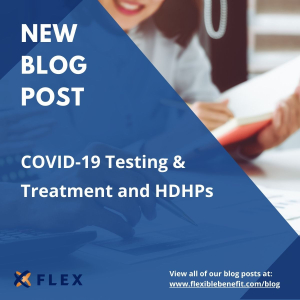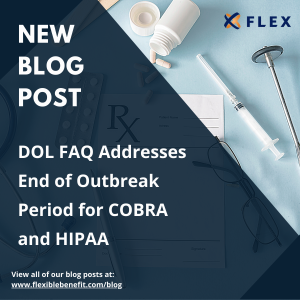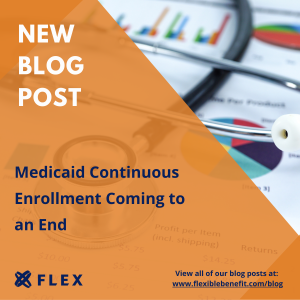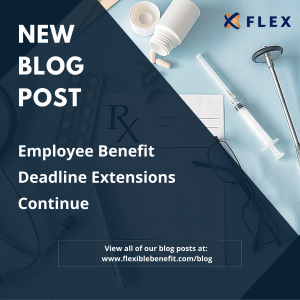COVID-19
Under guidance issued in 2020, qualified High Deductible Health Plans (HDHPs) have been permitted to cover COVID-19 testing and treatment prior to the deductible and without it impacting the eligibility for a person to make contributions to a Health Savings Account (HSA). The Internal Revenue Service (IRS) has recently indicated this temporary provision will be coming to an end.
Shortly after the COVID-19 national emergency was declared in 2020, the Department of Labor (DOL) issued guidance allowing for additional time for participants to make COBRA elections and premium payments and to exercise their HIPAA special enrollment rights, among other things. Employers, administrators, and insurers are to disregard a period of time referred to as the “Outbreak Period.” The Outbreak Period will end 60 days after the COVID-19 national emergency ends.
It’s official. The Biden Administration announced the COVID-19 national emergency and public health emergency will end on May 11, 2023.
At the start of the COVID-19 pandemic in 2020, Congress enacted a law called the Families First Coronavirus Response Act (FFCRA). One of the provisions of the FFCRA included a requirement that state Medicaid programs keep individuals continuously enrolled in coverage through the end of the month in which the COVID-19 public health emergency (PHE) ends. In return, state Medicaid programs have received enhanced federal funding.
The COVID-19 national public health emergency is set to expire on January 11, 2023; however, the Biden administration is expected to issue another extension of the national public health emergency. It is unknown at this time when the national public health emergency will be declared over.
The COVID-19 national emergency was set to expire on July 15, 2022; however, a 90-day extension of the national emergency was issued, and the national emergency is now set to expire on October 13, 2022 (absent another extension).
The Equal Employment Opportunity Commission (EEOC) has been issuing COVID-19 guidance for employers dating back to March 2020. The guidance has been issued in a frequently asked question (FAQ) format and gets updated periodically. On May 28, 2021, the EEOC updated its guidance to include information for employers wanting to provide incentives to employees for receiving a COVID-19 vaccination.
The Internal Revenue Service (IRS) recently published Announcement 2021-7 which indicates Personal Protective Equipment (PPE), such as masks, hand sanitizer, and sanitizing wipes, may be reimbursed under a Flexible Spending Account (FSA), Health Reimbursement Arrangement (HRA), or a Health Savings Account (HSA). These expenses are eligible for reimbursement if the primary reason for the purchase is to prevent the spread of COVID-19.
UPDATE: We have since received additional guidance from the Department of Labor, which clarifies that the COBRA extension end date is specific to each individual.








